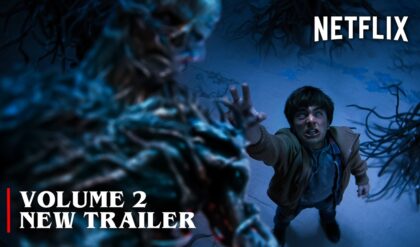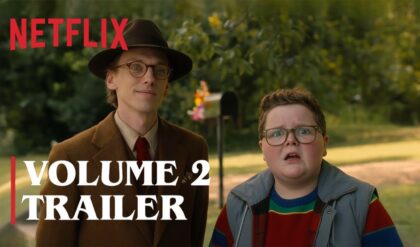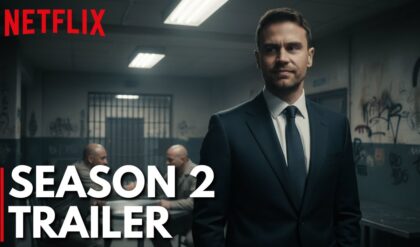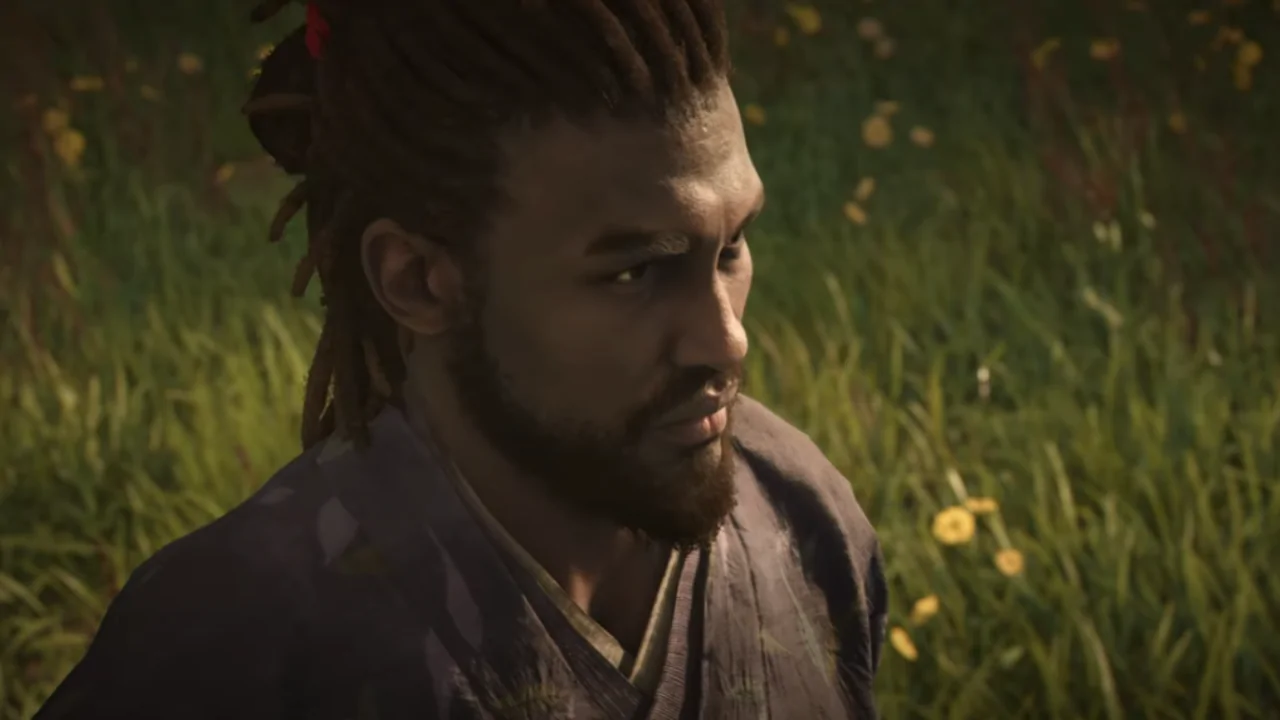
Assassin’s Creed Shadows has finally launched, but not without one more last-minute change that speaks volumes about Ubisoft’s troubled rollout of the game. Reports confirm that Ubisoft has quietly issued a day one Assassin’s Creed Shadows patch that specifically removes the ability for players to destroy or deface major items within Japanese shrine locations—a direct response to the mounting backlash from Japanese officials and the public.
The patch, which Ubisoft has chosen not to highlight in its official patch notes beyond a brief acknowledgment, alters shrine interactions so that key objects like tables, racks, and altars can no longer be destroyed. This follows public concern raised by Japanese politician Hiroyuki Kada, who criticized preview footage showing players damaging shrine interiors. Kada’s concern was echoed by Japanese Prime Minister Shigeru Ishiba, who described the destruction of shrines as an “insult to the nation itself” and emphasized the importance of respecting cultural and religious heritage.

A screenshot from Assassin’s Creed Shadows (2024), Ubisoft
Ubisoft’s decision to quietly implement this change suggests just how sensitive—and volatile—the situation has become. Rather than proactively addressing the issue in the game’s development, Ubisoft waited until the eleventh hour to walk back one of the more controversial gameplay elements.
More Damage Control From Ubisoft
The shrine destruction controversy is just the latest in a long string of public relations disasters surrounding Assassin’s Creed Shadows. From historically inaccurate concept art to the infamous collector’s statue that had to be reworked after accusations of insensitivity, Ubisoft has repeatedly fumbled its handling of the game’s cultural setting.
Perhaps the most prominent backlash has revolved around the inclusion of Yasuke as a main protagonist. Critics, including historians and Japanese fans, have long questioned the historical authenticity of Yasuke’s depiction as a samurai, with many viewing his inclusion as a forced decision driven by Ubisoft’s modern Western ideological priorities.
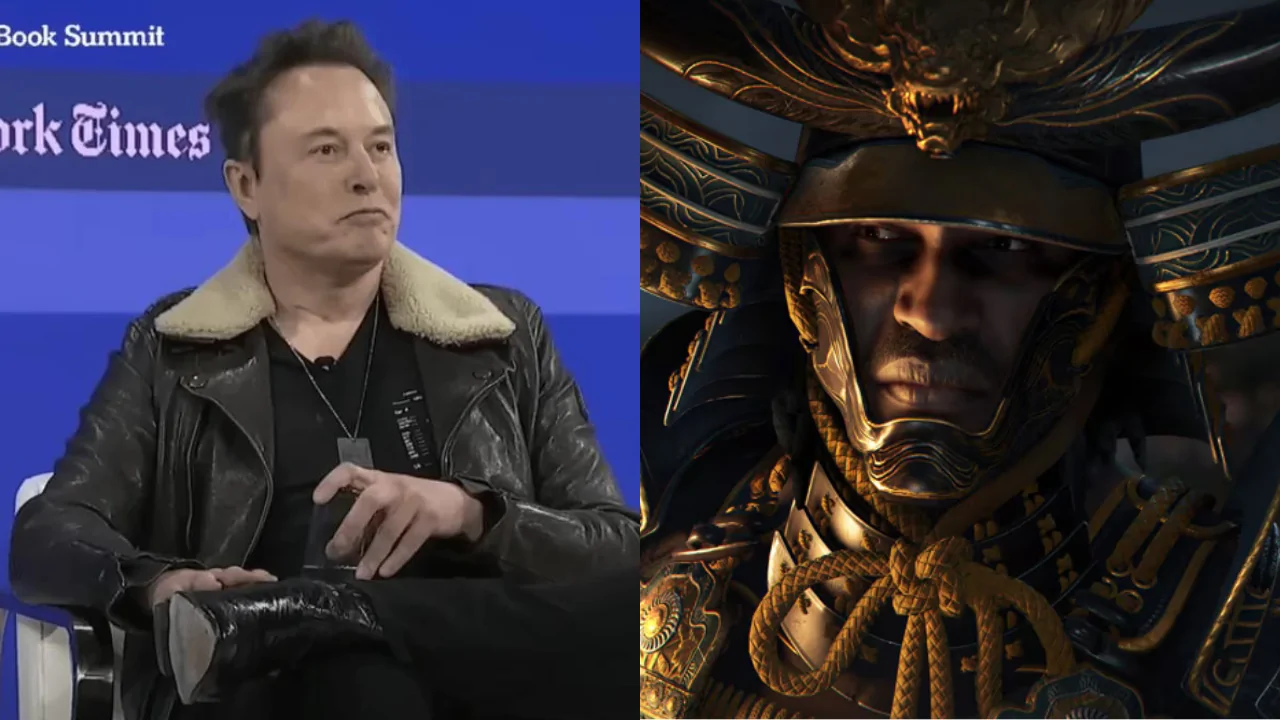
Elon Musk via New York Times Events YouTube and a screenshot of Yasuke from Assassin’s Creed Shadows (2024), Ubisoft
Even Elon Musk weighed in on the controversy, amplifying the criticism on a global scale.
In July, Ubisoft issued an apology over elements in Shadows’ marketing campaign that had “caused concern” among Japanese fans. The apology did little to quell frustrations, as backlash over inaccuracies, cultural missteps, and what many see as disregard for Japanese history continued to grow.
Financial Pressure and Desperation
Ubisoft’s decision to release Assassin’s Creed Shadows with these controversial elements intact only to patch some of them out on launch day underscores the intense financial and reputational pressure the company is under. As we’ve covered extensively, Ubisoft is coming off what has been widely regarded as the worst year in its history. The company is dealing with declining stock value, mounting debt, and frustrated investors, many of whom are questioning Ubisoft’s leadership and long-term viability.

A screenshot from Assassin’s Creed Shadows (2024), Ubisoft
Assassin’s Creed Shadows was supposed to be Ubisoft’s lifeline—a high-profile release that could stabilize the company’s finances and salvage its public image. Instead, Ubisoft has spent much of the game’s promotional cycle cleaning up self-inflicted messes, from delayed release dates to government involvement and now last-minute gameplay changes.
What’s Next?
It remains to be seen how fans will react to this latest adjustment. For some, removing shrine destruction may seem like a necessary correction. For others, it’s yet another example of Ubisoft’s lack of foresight, making last-minute changes in an effort to avoid further backlash.
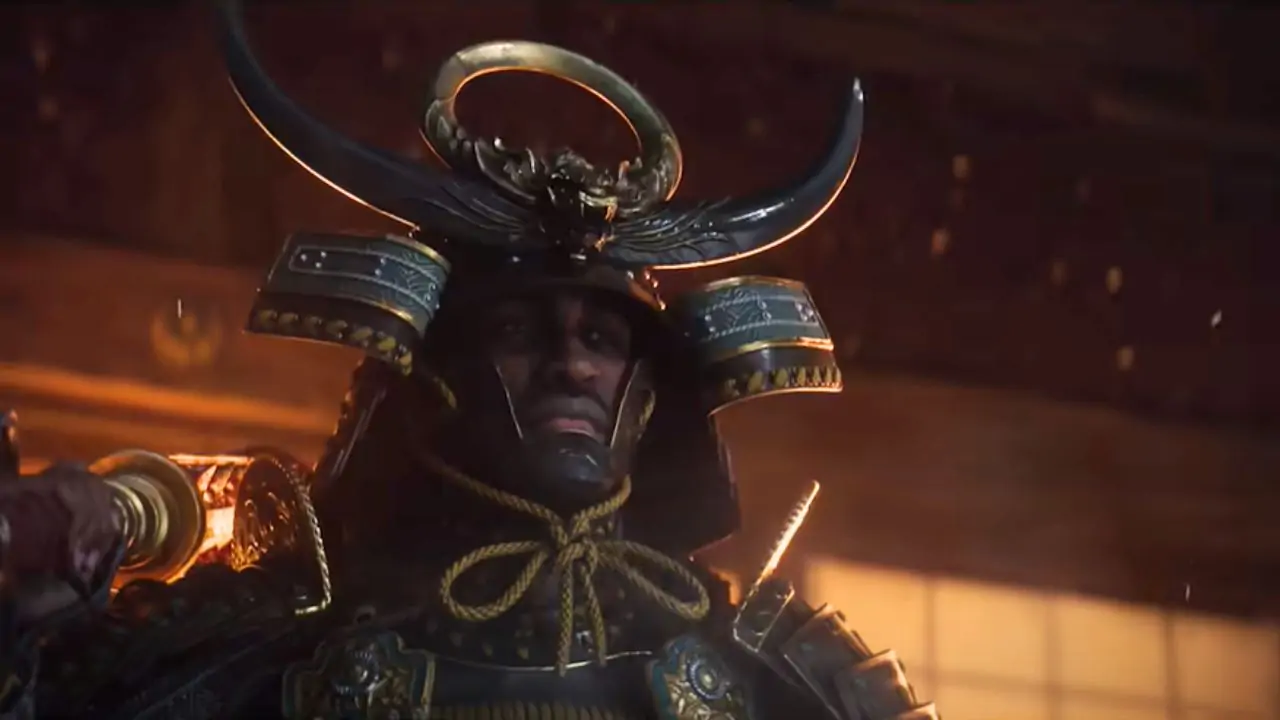
A screenshot from Assassin’s Creed Shadows (2024), Ubisoft
Either way, it’s clear Ubisoft’s troubles aren’t over. With Assassin’s Creed Shadows finally released, the coming weeks will reveal whether the company’s efforts to patch up its mistakes—both literally and figuratively—will be enough to reverse its downward trajectory.


